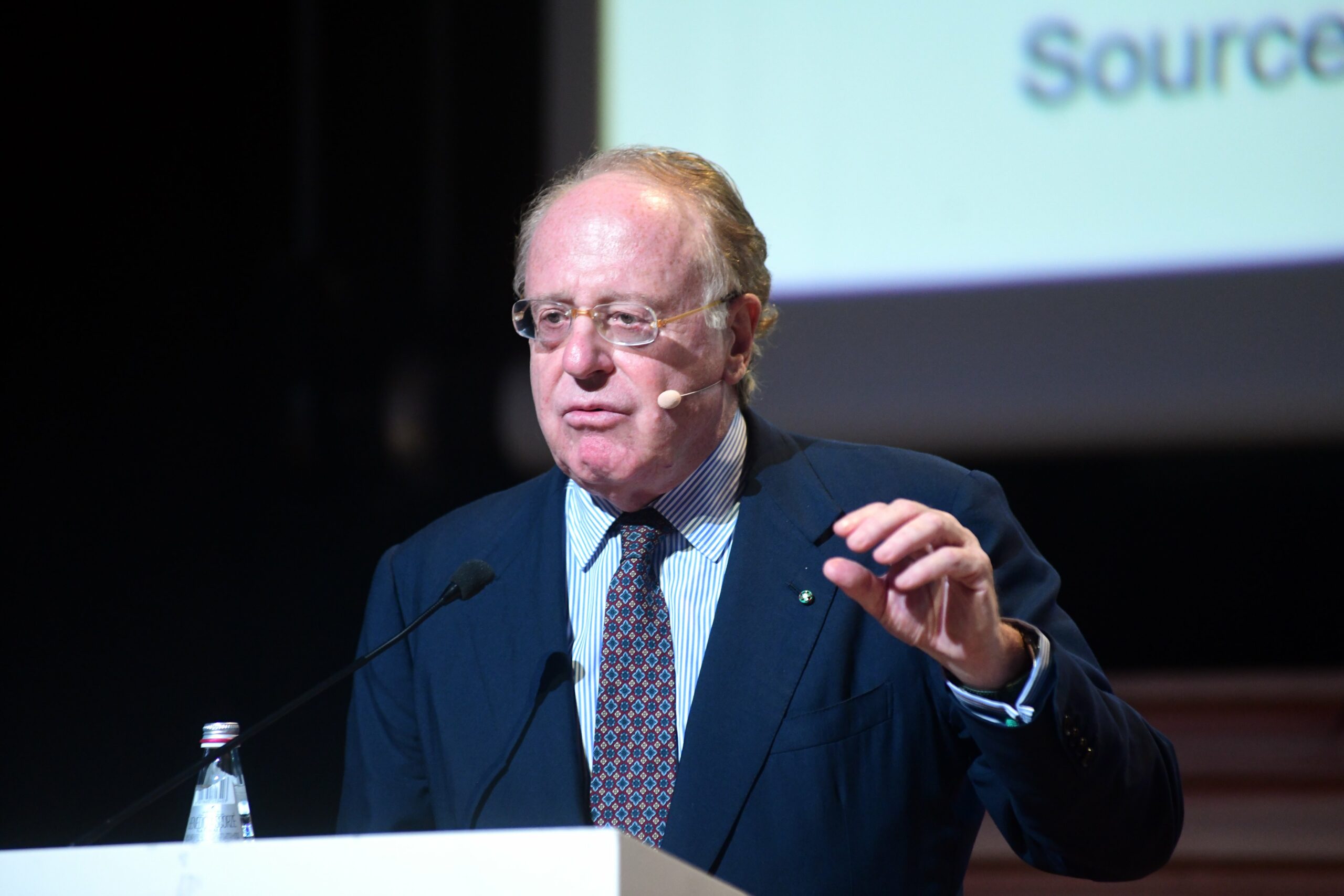Scaroni (Enel) rejects nuclear power but praises solar panels in space

Renewable sources have given a "disheartening" result in the world, says Scaroni, because fossil fuels still make up the lion's share. The president of Enel rejects nuclear power out of hand, but celebrates the (almost science fiction) possibilities of space solar. All the details
“Despite the fact that four trillion dollars were invested in renewables from 2004 to 2022, the result is rather disheartening.” This was stated by Paolo Scaroni, president of Enel, an electricity company that for some time now has based its strategic plans on the development of energy capacity from renewable sources such as wind and solar.
THE UNSUSTAINABLE DISCONSOLATION FOR RENEWABLES, ACCORDING TO SCARONI
The document relating to the 2024-2026 period – the first of Flavio Cattaneo's administration – however promises greater selectivity in investments in renewable projects after the asset accumulation phase that took place under Francesco Starace. According to Enel's new top management, this selective approach will make it possible to reduce investment risks. Scaroni, in his speech at the Festival del Futuro in Verona, perhaps offered some elements of context behind the company's new direction. “Today the new renewables”, he said, interviewed by the director of the Giornale di Vicenza , “at a global level are around 13% of the electricity produced by our planet, which represents only 20% of our energy consumption. It follows that renewables contribute 3% to our energy consumption." The dominant sources worldwide are in fact fossil ones – coal, oil, natural gas – the main cause of greenhouse gas emissions responsible for global warming.
The International Energy Agency explained that, despite the spread of clean energy, the demand for fossil fuels remains very high; Scaroni added that “in the history of humanity so much coal, gas and oil has never been used as today, never has so much carbon dioxide been emitted. The effort in renewables", he concluded, "is not even sufficient to cover the increase in energy consumption".
THE “TECHNOLOGICAL HOLE” IN BATTERIES
This situation is due to the fact that renewables are not continuous in generation, like fossils, but intermittent, i.e. dependent on the weather: for this reason they need support or expensive storage technologies (lithium ion batteries, mainly), or gas and coal power plants. Furthermore, renewables are not able to replace fossil fuels in manufacturing cycles that require a lot of energy and high temperatures, such as steel, cement and chemical processes.
Scaroni himself recognized that there is "a technological hole" in storage devices, because batteries are still "expensive, heavy and inefficient".
THE “USELESS” DIALOGUE ON NUCLEAR
In the interview – conducted by Marino Smiderle, director of the Giornale di Vicenza – nuclear energy is mentioned, which allows electricity to be generated with zero emissions continuously, thus eliminating the need for batteries.
The nuclear option, however, is immediately discarded, a priori, by Scaroni, who defines "any dialogue on this topic as useless" due to the alleged "repulsion" of Italians towards this energy source. Recalling the referendums of 1987 and 2011, the president of Enel called instead to insist on renewables and new technologies that will improve efficiency and costs.
IS THE SOLUTION REALLY SPACE SOLAR?
Discussing clean energy and the future, as per the theme of the event, Scaroni spoke of the so-called space-based solar power , i.e. the possibility of sending solar panels into space, where they will be perpetually exposed to the Sun and will thus be able to generate energy in a continuous, to be sent to Earth via microwave.
This is a theoretically feasible technology, as demonstrated by this summer's announcement from Caltech, the California Institute of Technology: the university announced that it had successfully transferred, for the first time ever, solar energy from space to Earth wirelessly. However, space solar is still an immature technology, far from the commercial phase (first and foremost due to the high costs of placing photovoltaic panels into orbit) and therefore difficult to be compatible with the timing of the energy transition.
By 2025, however, the European Union's Solaris program should implement a space solar development plan. The main aerospace companies capable of bringing the panels into orbit, however, are American: Elon Musk's SpaceX and Jeff Bezos' Blue Origin.
This is a machine translation from Italian language of a post published on Start Magazine at the URL https://www.startmag.it/energia/scaroni-enel-solare-spazio/ on Wed, 29 Nov 2023 06:27:14 +0000.
